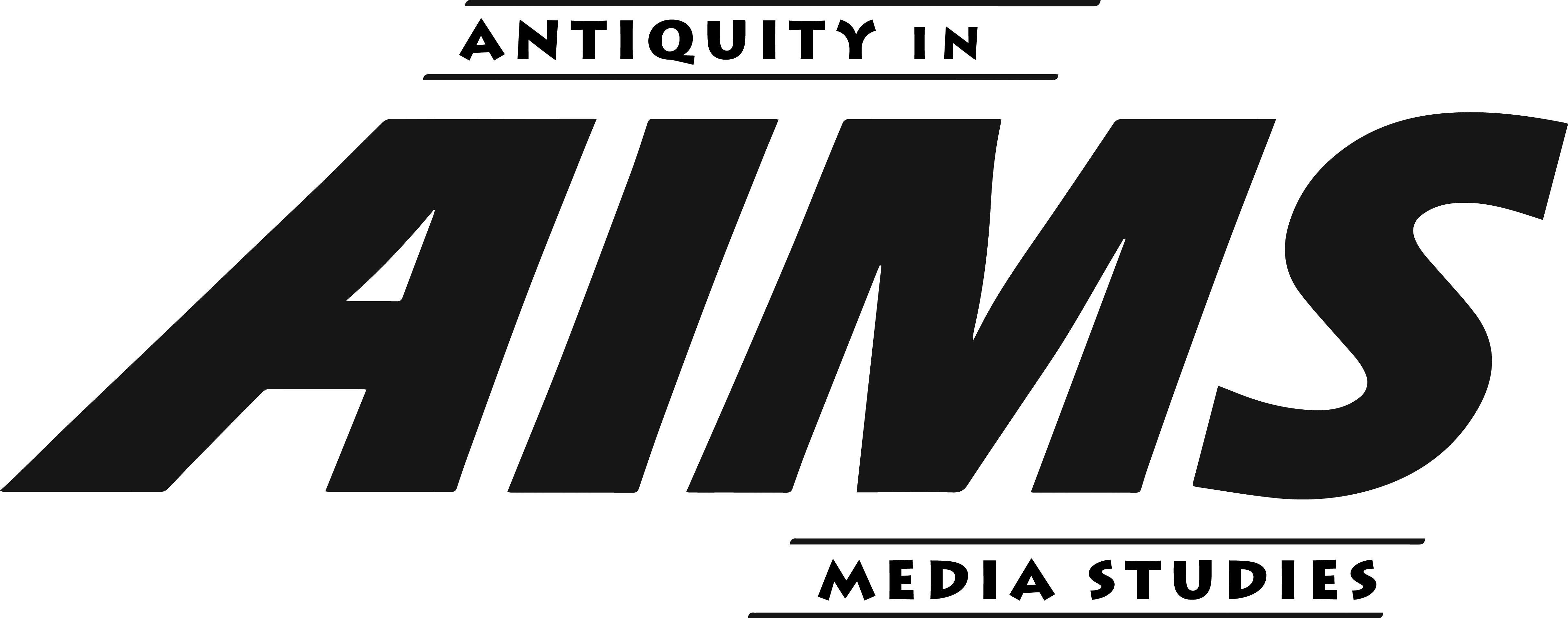Diversity, Equity, & Inclusion
AIMS strives to be an inclusive and welcoming space. We view engagement with anti-racism and decolonization as integral to our work in classical reception studies. We will continue to update this page with regular reports to the community about our DEI initiatives.
Questions? Please reach out to AIMS President Amy Norgard.
What Has AIMS Been Doing to Promote Diversity & Inclusion?
2021-2023
- established a DEI Special Committee to provide an organization-wide body for ensuring proper attention to matters of diversity, equity, and inclusion;
- implemented a more deliberative planning process for the annual conference that widens the conference planning committee to include the whole Board of Directors and the DEI Committee in vetting the CFP and proposal intake form; assessing all proposals; and approving panels (titles and staffing) on the program;
- lengthened the planning timeline to accommodate conversation by this larger group and to allow time to augment the publicly sourced research paper proposals with special events generated by AIMS’ standing committees and officers;
- ensured that the CFP includes language explicitly inviting proposals from people of identities that have been traditionally marginalized in academia;
- invited proposers to provide their preferred pronouns and to give optional information on how they identify, broadly speaking;
- compiled a list of affinity groups supporting historically marginalized groups whose interests may overlap with AIMS’ focus on reception studies, in order to ensure that we reach out directly to those groups in attempting to recruit proposals and invite participation in the conference generally;
- adjusted procedures for assessing papers, including both a blind and an unmasked review, to foster more robust representation;
- added a “revise and resubmit” stage to the proposal assessment, to give scholars an opportunity to clarify their proposals before the committee makes a final decision (this has been especially helpful in uplifting early career scholars and international scholars for whom English is not the first language);
- continued to hone and rework the conference Code of Conduct, which is mandatory for all conference participants, in order to cultivate a safe and inclusive space;
- required the use of captioning for all pre-recorded conference papers;
- promoted the annual conference as a free online event to enhance accessibility for participants around the world and people without the institutional support to travel to an in-person conference;
- encouraged committees to sponsor events to center and uplift perspectives that have been historically marginalized, such as the AIMS Professional Development Committee’s Pedagogy Potluck on “Listening to Unheard Voices” (2023 Conference), and the DEI Special Committee’s roundtable on classical reception in incarcerated learning communities staffed by people who teach in those settings (2022 Conference).
What Are AIMS’ Current Goals & Initiatives to Promote Diversity & Inclusion?
2024
As AIMS enters a new phase of development with the guidance of new officers, the following is an outline of goals to promote diversity and cultivate a culture of inclusivity within the organization. This is a “living” document which will continue to be updated with specific details.
Building on its current practices, AIMS additionally seeks to:
- propose to AIMS membership a constitutional amendment and possibly a restructuring to make the DEI Special Committee a permanent, standing committee;
- seek feedback from AIMS members about their experiences in AIMS and in the field of reception studies to help us understand how we can create a more inclusive AIMS;
- augment our strategic plan, withthe guidance of the DEI Committee, with achievable goals to promote inclusivity in our organization;
- continue to network with other organizations and individuals engaged with ancient world receptions to both broaden our definition of “antiquity,” and expand our outreach to diverse groups, thereby bringing in new perspectives and lived experiences that will improve all of us as scholars;
- build upon our conference Code of Conduct to establish a formal grievance procedure to address concerns that arise from AIMS’ practice and procedures.
Approved by the AIMS Board of Directors in April 2024.
